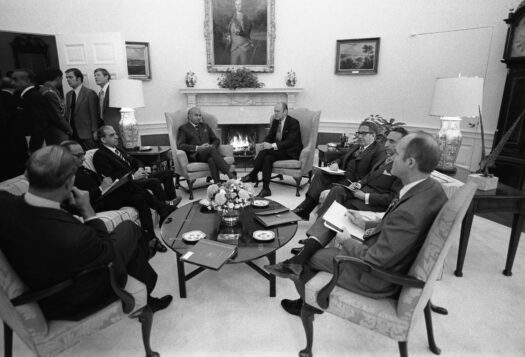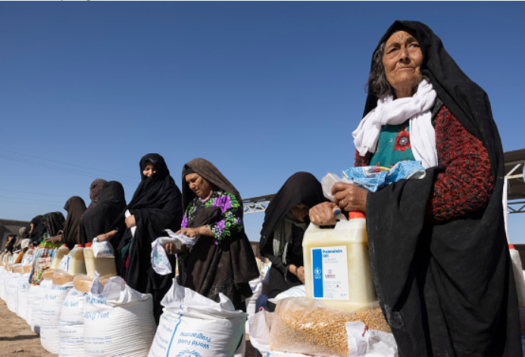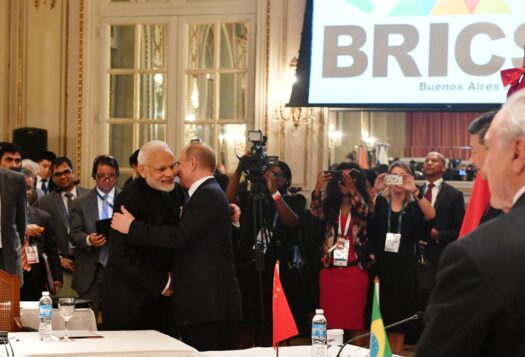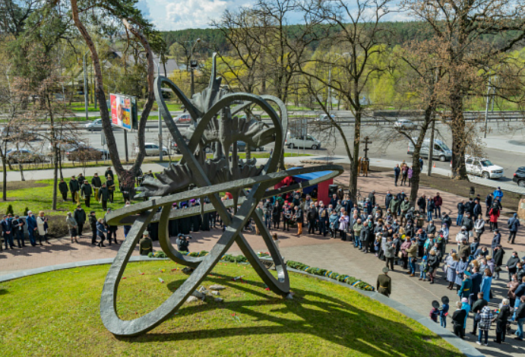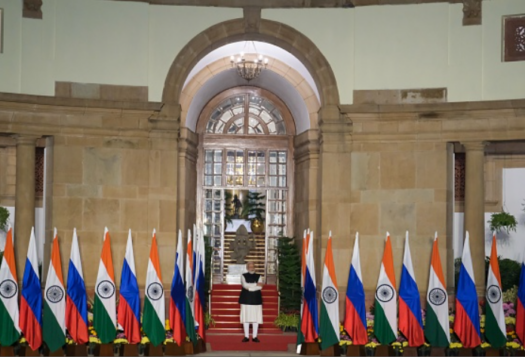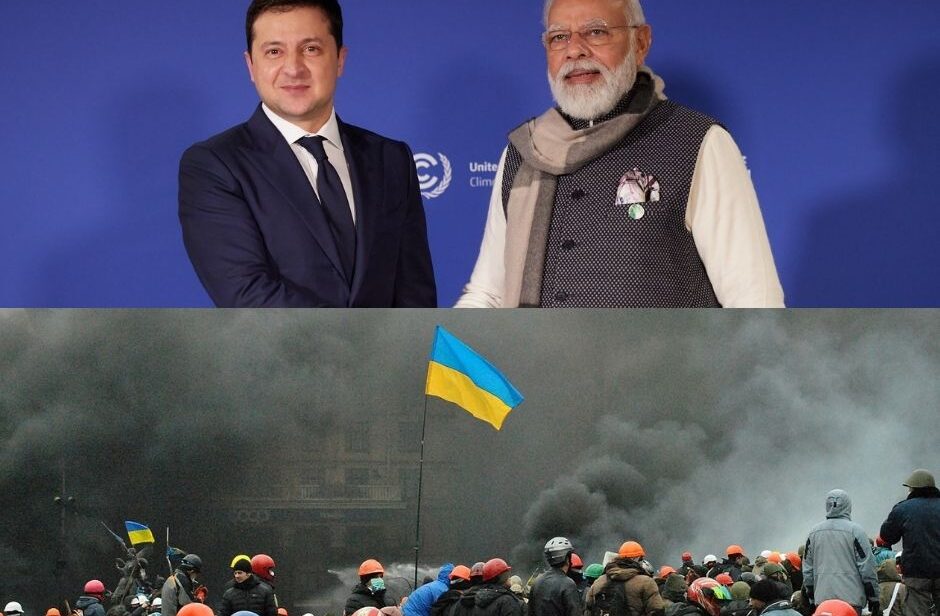
The world has fundamentally changed just over a month after the Russian invasion of Ukraine. Since Russian President Vladimir Putin announced the decision to launch “a special military operation” into Ukraine on February 24, more than four million Ukrainians have left for neighboring countries while at least 1,100 civilians have been killed. Beyond its immediate costs, the invasion has put into question the viability of a rules-based international order and sharpened great-power competition along the lines of democracy and authoritarianism. South Asia has also experienced the implications of Russia’s invasion of Ukraine. Russia has a significant presence in South Asia as a top defense supplier for India and Bangladesh, a burgeoning economic partner for Pakistan, and a key player in international engagement with the Taliban in Afghanistan. The crisis in Ukraine will significantly shift South Asia’s security landscape and create new political precedents for the region.
In this collection, SAV Editors reflect on the crisis in Ukraine and discuss the way it may shape crisis dynamics, global norms, and politics in South Asia. In the responses below, Brigitta Schuchert discusses how nuclear norms in South Asia will fundamentally change due to Russia’s rhetoric and actions on its nuclear arsenal. Sunaina Danziger argues that Russia’s “denazification” justification for its invasion of Ukraine will have consequences for disinformation in India. Isha Gupta analyzes how the conflict in Ukraine affects the humanitarian crisis and regional diplomacy in Afghanistan. Dylan Junkin reflects on Russia’s experience with authoritarian nationalism as a cautionary tale for India. And finally, Uzair Sattar traces the emergence of India’s and Pakistan’s non-alignment policies and how they will continue amid a new era of great-power competition.
***
